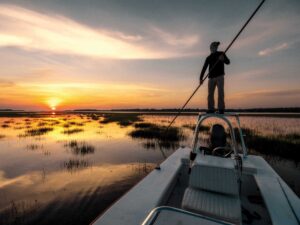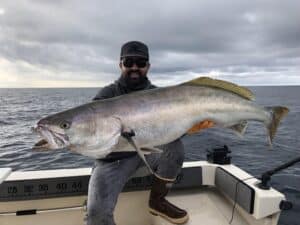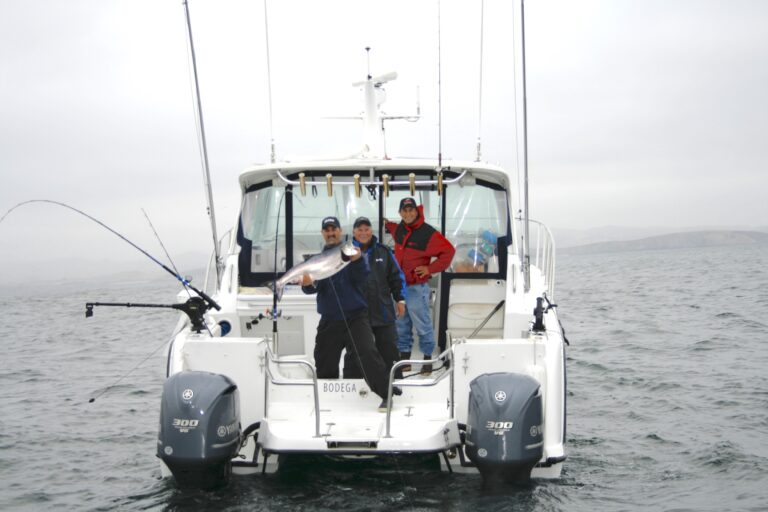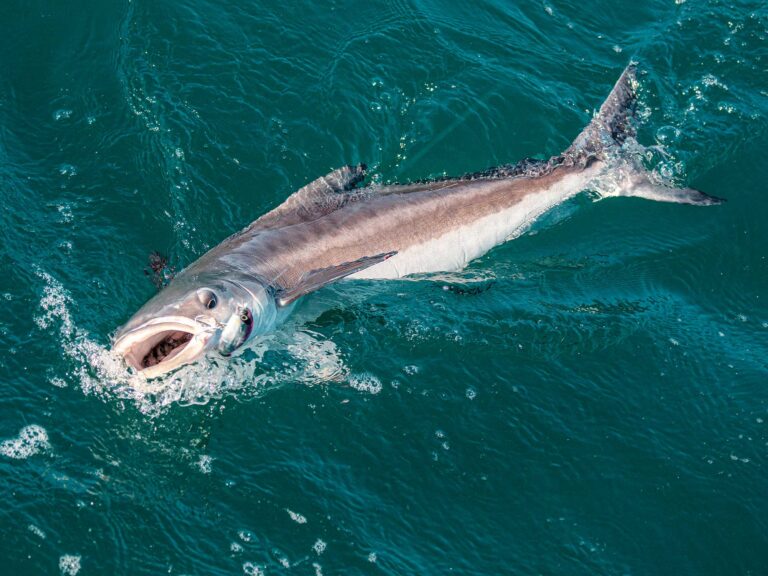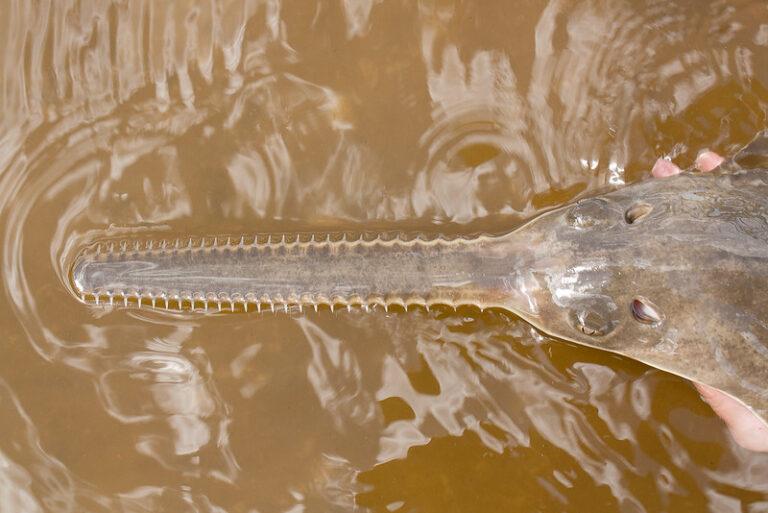Yes, I’m biased.
As this is written, we are in the final moments of what I can only describe as a bizarre presidential election.

If an author of fiction had written this script, no one would have believed it could happen. There have been many twists and turns along the campaign trail, with prodigious finger-pointing, accusations of complete dishonesty and ample claims of media bias. There has not been much in the way of in-depth discussion of all the real issues that face the country. Constant name-calling makes for an uninteresting debate and does little to address the concerns that the average American has.
For me, it has been provocative to watch how both sides blame the media for all their shortcomings. Being a member of the media, which is defined as the collective communication outlets or tools that are used to store and deliver information or data, I wonder about how some elements within the media world blame others for being part of the bad old “media establishment.” Is the collective media establishment really to blame, or are there individual actions that cause the majority of the angst, real or perceived?
Folks on the left-leaning side of the spectrum (my intent is not to take sides, but to comment on what I see) think that the conservative media are unfairly treating, conspiratorially attacking and lying about their candidate. Folks on the right side of the equation think that their candidate is being unfairly treated, conspiratorially attacked and lied about by the liberal media establishment. Each thinks the other is goring their ox, while the truth, whatever that may be, lies somewhere in the middle. This is not to deny the fact that there have been shenanigans galore on both sides. And while each side will disdainfully say, “Who, me?” their biases do come through.
The irony of this is that third-party candidates would be happy for the media establishment just to utter their names, much in the way that the infamous mayor James Michael Curley proclaimed that he did not care what they wrote about him in the paper just as long as his name was spelled correctly.
Without the media establishment, all of the candidates would have a much harder time getting their message out, and right, wrong or indifferent, the general public would have far less understanding of who the candidates are and what they say they stand for. We all know that what they do once they get into office may be entirely different. I also believe that the candidates downplay or ignore the ability of the average voter to sift out the facts from the fiction.
So why am I bringing this up at all? Well, I thought that I would declare my bias, which I hope has been fairly evident for a number of years. When I look at the major issues facing recreational fishing and the resources that support recreational fishing, I will always have a bias toward supporting the long-term sustainability of the resource. I guess that makes me conservation-minded, or “conservative.”
In my opinion, the resource needs the most support in light of the collective users or managers. The concept of support is a little backward, as we don’t really manage fish; we manage the activity that catches fish and/or impacts the habitat that supports fish. If we just left the resource alone, it would do fine on its own. Yes, I support the notion that we can utilize these resources in a sustainable fashion, but it has always been a human tendency to take more than we should.
As we look ahead, my bias will show itself. I am taking a cautionary stance on NOAA Fisheries’ recent changes to some of the National Standards in the Magnuson-Stevens Act. The National Standards guide the Regional Fishery Management Councils’ decisions, and changes to National Standards 1, 3 and 7 were in large part a response to both commercial and recreational cries for greater “flexibility” in setting annual catch limits, timelines for stock rebuilding and ending overfishing. Flexibility rarely means taking fewer fish. The good news is that these changes may resolve any need to push for an immediate overhaul of the MSA. The bad news is that they will likely lead to some short-term increases in catches and longer-term stagnation of stock rebuilding. The outcome of these changes may vary in different regions, according to how individual RFMCs interpret the guidelines.
Yes, I am biased and admit it upfront. I want to see more resources swimming in our oceans. I know that will mean more vibrant and successful recreational fisheries. That is a proven fact. There are likely folks who disagree with me. That’s OK because that is what makes America great, yesterday, today and hopefully tomorrow.

